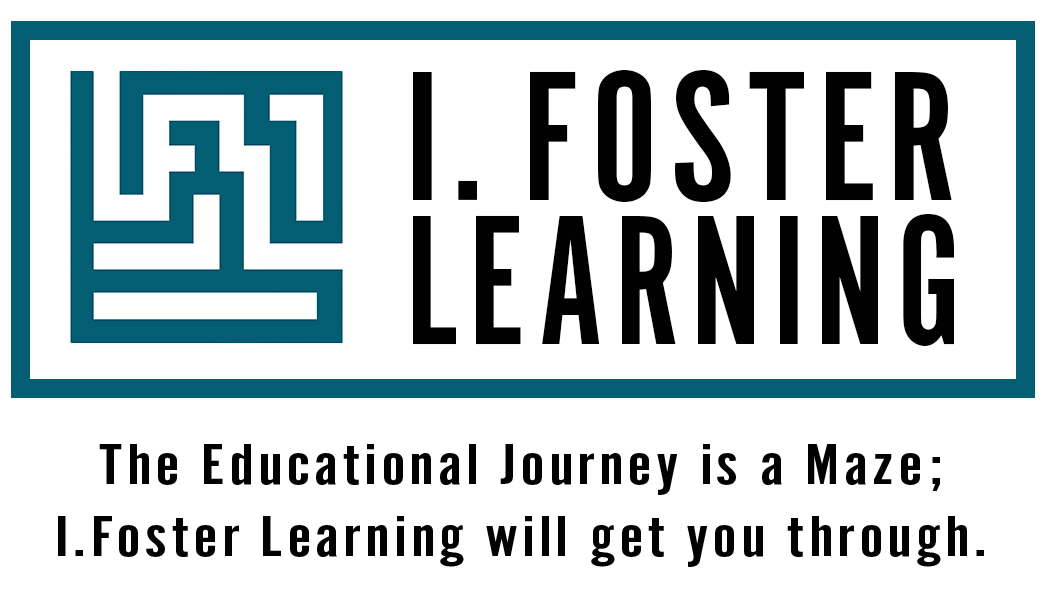Navigating the Transition: A College Journey of Growth and Resilience!
Starting college is a significant transition, and for William, a student at a Big 10 university, the experience has been a journey of self-discovery, challenges, and perseverance. Now entering his junior year, William reflects on the lessons learned through academic struggles, personal growth, and the importance of seeking support.
Adjusting to College Life
William described his initial struggles at college, emphasizing how different college was from high school. While high school taught him self-advocacy, it didn’t fully prepare him for the rigorous academic demands of college, particularly in mechanical engineering. The transition to large classes, self-directed learning, and a lack of structured reminders made it difficult to keep up. “High school was easy for me, so I didn’t develop strong study habits,” William shares. “I wasn’t prepared for how much harder the coursework would be.”
His first semester seemed promising, but as he progressed into more challenging courses—chemistry, computer science, and calculus—he found himself overwhelmed. Falling behind and struggling to catch up, he ended up on academic probation.
Facing Academic and Social Challenges
The weight of academic struggles took a toll on William’s mental health. “I was very depressed at the time,” he admitted. He leaned on the university’s mental health services but still felt a deep sense of defeat and shame. He also felt isolated, as he didn’t feel any connection with his roommates. Looking back, he recognized the importance of asking for help sooner, attending office hours, and working harder from the start.
Despite efforts to recover, William couldn’t meet the GPA requirements and was ultimately dropped from the engineering program. This setback, though difficult, forced him to reevaluate his interests and goals.
Finding Direction During Time Off
Rather than seeing his academic dismissal as a failure, William used his time away from school as an opportunity for reflection. He explored different career paths by speaking with family friends and enrolling in small courses in Python programming. Additionally, he took a retail job, which, surprisingly, helped him overcome social anxiety and build confidence in interacting with strangers.
“I needed to be around people and put myself out there,” William explains. “Working in retail helped me develop social skills and get comfortable in the real world.”
A New Path Forward
Determined to return to college, William re-enrolled with a fresh perspective. He took classes in data science, economics, and philosophy—subjects he found genuinely engaging. Earning straight A’s in these courses, he regained his academic standing and decided to switch his major to data science with a potential double major in economics.
Lessons Learned and Advice for Others
Reflecting on his journey, William offers valuable insights for students facing similar challenges:
Don’t be afraid to ask for help. Professors, tutors, and mental health resources exist for a reason—use them.
Take time to reflect. If things aren’t working out, step back and reassess. Sometimes, a break from school can be beneficial.
Build a strong support system. Surrounding yourself with friends, mentors, and peers who uplift you can make all the difference.
Prioritize mental and physical health. William found that going to the gym and maintaining a structured routine significantly improved his well-being.
Find the right living situation. Moving off-campus and living with multiple roommates provided William with the sense of community he lacked in the dorms.
William’s story is a testament to resilience. While setbacks can be discouraging, they don’t define a person’s potential. With the right mindset, support, and willingness to adapt, students can turn challenges into opportunities for growth. His advice? “Keep going. A bad grade or a tough semester doesn’t mean the end—it’s just a part of the journey.”
